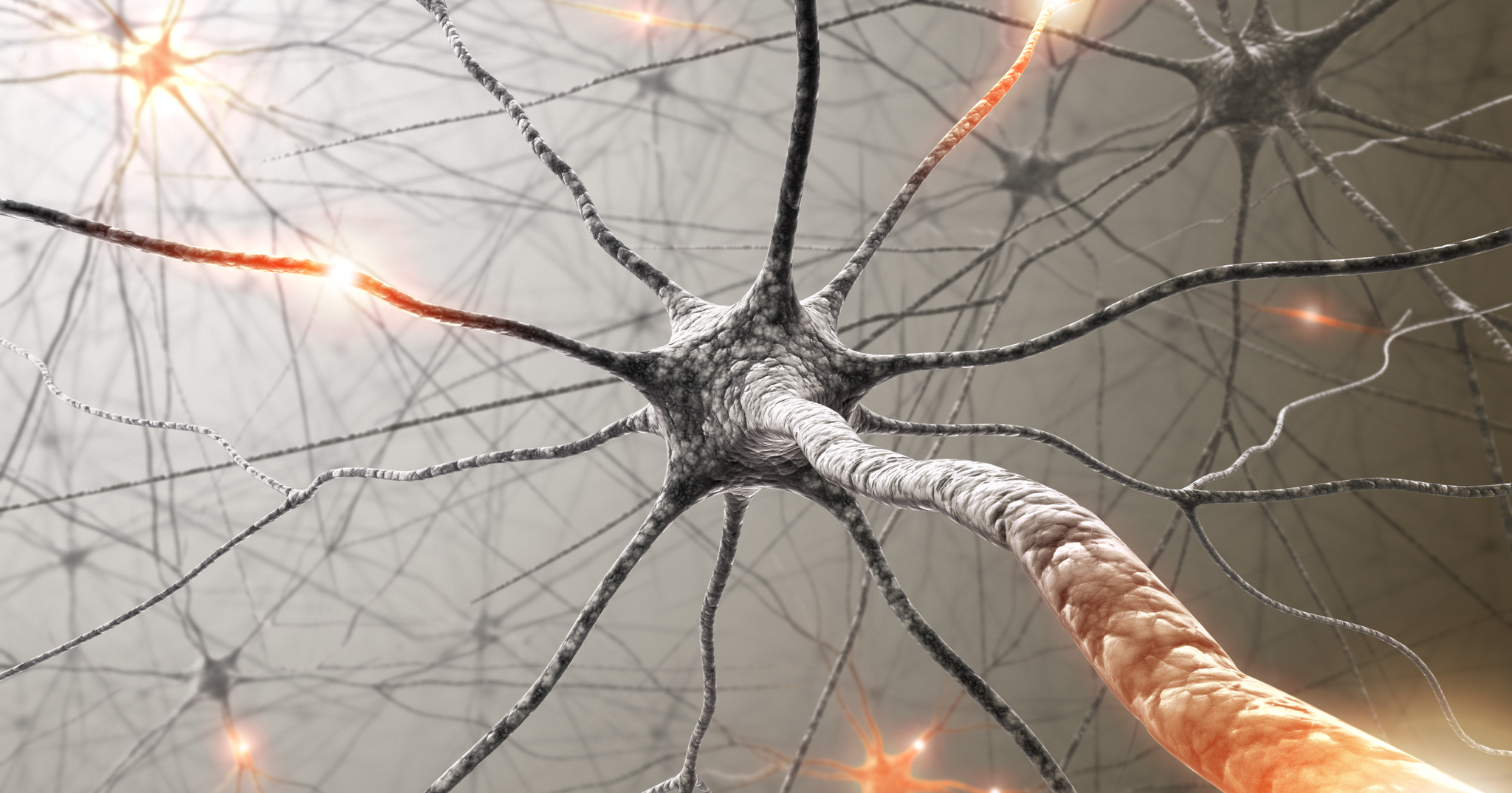-

Smoke-Free Policies Linked to Lower Heart Disease Risk
Laws banning smoking at workplaces and other public places are associated with a significantly lower risk of cardiovascular disease, according to a new study.
-

Mitochondrial Dysfunction Contributes to Kidney Disease
Lack of a receptor regulating mitochondrial metabolism was linked with kidney dysfunction including kidney disease, according to a recent study.
-

Rare Bacteria Boosts Immunotherapy in Prostate Cancer
A unique bacterial strain isolated from a patient with pelvic pain could be the key to treating prostate cancer with immunotherapy, according to a study published in Nature Communications.
-

$65 Million Launches Lakeside Discovery LLC to Provide Tomorrow’s Solutions in Healthcare
Along with Deerfield Management, Northwestern has announced a $65 million investment and the launch of Lakeside Discovery, LLC, with the mission to accelerate the translation of transformative biomedical technologies.
-

Taking the Lead in Cardiovascular Disease Research
Northwestern Medicine investigators are developing better treatments and care for patients with the most prevalent of diseases. Read the feature in Northwestern Medicine magazine.
-

Medical Student Creates ‘Day in a Wheelchair’ Experience for Classmates
Samantha Schroth, a second-year MD/PhD student, shares how she advocates for people of all abilities and disabilities, including by organizing a “Day in a Wheelchair” activity for her fellow classmates.
-

Resident Investigates Radiation Therapy Benefit in Breast Cancer
The presence of cancer cells in the bloodstream of patients with early-stage breast cancer may be predictive of benefit from radiotherapy after surgery, according to a new Northwestern Medicine study.
-

New Insights Into Nicotine’s Effect on Reward Pathways
A Northwestern Medicine study has expanded the understanding of nicotine’s influences on the brain’s reward pathway, with implications for the development of anti-addiction therapies.
-

New Clues Found in Cause of Early Lung Transplant Failure
A team of scientists has uncovered the precise cells that flow into and harm the lung soon after a transplant. The study, published in The Journal of Clinical Investigation, may lead to drug therapies that target the destructive cells.
-

Students Look Beyond the Chart at Shirley Ryan AbilityLab
All Feinberg students complete a two-week Physical Medicine and Rehabilitation clerkship at the Shirley Ryan AbilityLab, where they are encouraged to think about their patients’ overall function, rather than just their illness.
-

Investigating Family Genetics of Severe Epilepsy
A team of scientists has discovered that in children with epilepsy thought to be caused by a spontaneous mutation, about 10 percent of parents in fact carry the same variant in a small proportion of their own cells.
-

Early Synaptic Dysfunction Found in Parkinson’s Disease
Genetic mutations dysregulating synapse function contribute to a toxic cascade that leads to neurodegeneration in Parkinson’s disease, according to a Northwestern Medicine study.
-

Celebrating the Class of 2018
On May 21, members of the class of 2018, faculty, friends and family members gathered at Navy Pier to celebrate Feinberg’s 159th convocation.
-

Exceptional Achievement Recognized at Honors Day 2018
Feinberg faculty and fourth-year medical students gathered to recognize clinical and academic achievement at the sixth annual Honors Day, held May 19.
-

Resetting the Epigenetic Balance for Cancer Therapy
Northwestern Medicine scientists have discovered an epigenetic imbalance that can lead to cancer, and used these findings to inhibit tumors in models.
-

Investigating Birth Outcomes and HIV Drug Regimens
Drugs commonly used to prevent HIV transmission from mother to child during pregnancy were not associated with a higher risk of adverse birth outcomes, according to a new study.
-

A New Weapon Against Cancer Metastasis
Northwestern Medicine scientists have discovered a new compound that halts the spread of multiple types of cancer cells.
-

Pioneering Hematologist to Receive 2018 Nemmers Prize in Medical Science
Stuart H. Orkin, MD, an investigator of the Howard Hughes Medical Institute at Boston Children’s Hospital and Dana-Farber Cancer Institute and a professor at Harvard Medical School, is the recipient of the 2018 Mechthild Esser Nemmers Prize in Medical Science at Northwestern University.
-

CNADC Celebrates Transformative Gift at Alzheimer Day
Feinberg met its goal of raising $10 million for the newly renamed Mesulam Cognitive Neurology and Alzheimer’s Disease Center, naming the Center after its director, M. Marsel Mesulam, MD.
-

Exploring Art and Medicine at Medical Humanities Conference
The second annual Center for Bioethics and Medical Humanities Conference, “Artful Medicine,” featured presentations from students, faculty, alumni and clinicians on how the arts inform medical practice and education.






